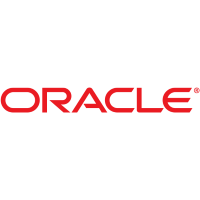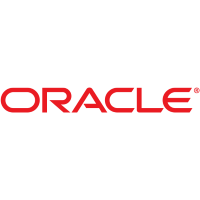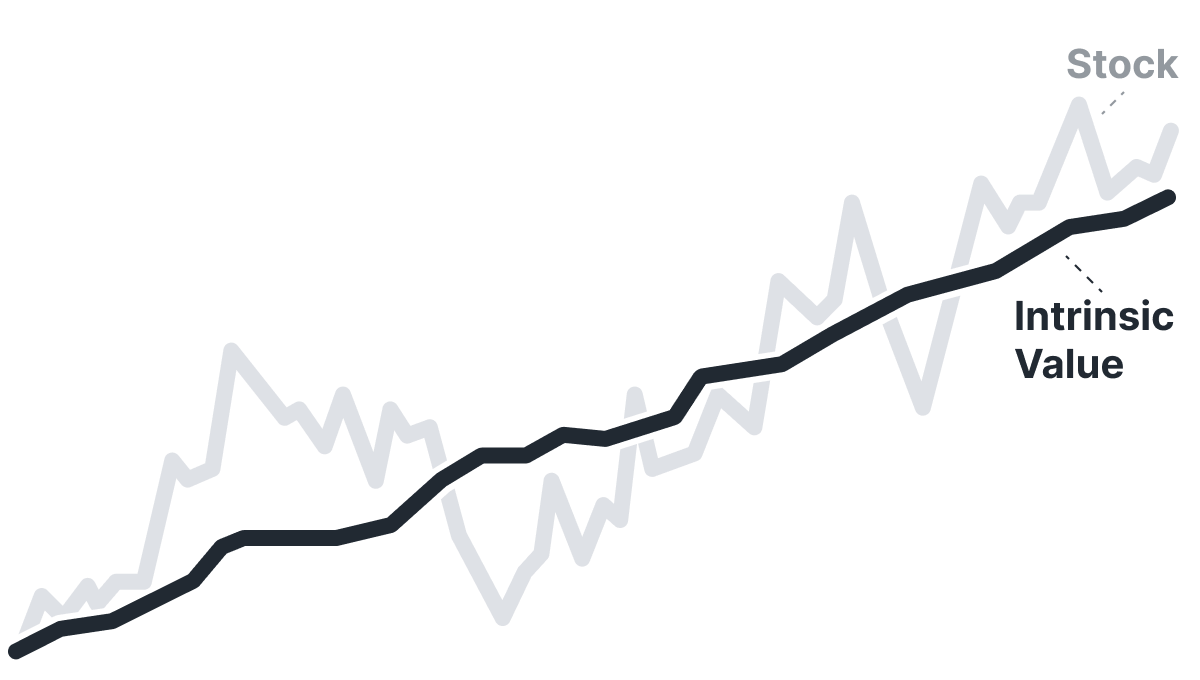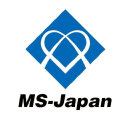
Oracle Corp
NYSE:ORCL


Utilize notes to systematically review your investment decisions. By reflecting on past outcomes, you can discern effective strategies and identify those that underperformed. This continuous feedback loop enables you to adapt and refine your approach, optimizing for future success.
Each note serves as a learning point, offering insights into your decision-making processes. Over time, you'll accumulate a personalized database of knowledge, enhancing your ability to make informed decisions quickly and effectively.
With a comprehensive record of your investment history at your fingertips, you can compare current opportunities against past experiences. This not only bolsters your confidence but also ensures that each decision is grounded in a well-documented rationale.
Do you really want to delete this note?
This action cannot be undone.

| 52 Week Range |
122.82
328.33
|
| Price Target |
|
We'll email you a reminder when the closing price reaches USD.
Choose the stock you wish to monitor with a price alert.
This alert will be permanently deleted.
Intrinsic Value
The intrinsic value of one
 ORCL
stock under the Base Case scenario is
hidden
USD.
Compared to the current market price of 179.92 USD,
Oracle Corp
is
hidden
.
ORCL
stock under the Base Case scenario is
hidden
USD.
Compared to the current market price of 179.92 USD,
Oracle Corp
is
hidden
.
Valuation History
Oracle Corp

ORCL looks undervalued. But is it really? Some stocks live permanently below intrinsic value; one glance at Historical Valuation reveals if ORCL is one of them.
Learn how current stock valuations stack up against historical averages to gauge true investment potential.

Let our AI compare Alpha Spread’s intrinsic value with external valuations from Simply Wall St, GuruFocus, ValueInvesting.io, Seeking Alpha, and others.
Let our AI break down the key assumptions behind the intrinsic value calculation for Oracle Corp.
Fundamental Analysis
ORCL Profitability Score
Profitability Due Diligence


Score
ORCL Solvency Score
Solvency Due Diligence


Score

Select up to 3 indicators:
Select up to 3 indicators:

Intensifying competition from Amazon Web Services and Microsoft Azure threatens Oracle’s cloud market share and could compress margins if the firm resorts to aggressive pricing to win customers.
A massive installed base across enterprise database and applications provides Oracle with a recurring revenue engine and a strong foundation for cross-selling cloud services.
Revenue & Expenses Breakdown
Oracle Corp

Balance Sheet Decomposition
Oracle Corp

Oracle Corp
Free Cash Flow Analysis
Oracle Corp

| USD | |
| Free Cash Flow | USD |
Earnings Waterfall
Oracle Corp

Wall St
Price Targets
ORCL Price Targets Summary
Oracle Corp

According to Wall Street analysts, the average 1-year price target for
 ORCL
is 298.9 USD
with a low forecast of 176.89 USD and a high forecast of 420 USD.
ORCL
is 298.9 USD
with a low forecast of 176.89 USD and a high forecast of 420 USD.
Dividends
Current shareholder yield for  ORCL is
hidden
.
ORCL is
hidden
.
Shareholder yield represents the total return a company provides to its shareholders, calculated as the sum of dividend yield, buyback yield, and debt paydown yield. What is shareholder yield?
The intrinsic value of one
 ORCL
stock under the Base Case scenario is
hidden
USD.
ORCL
stock under the Base Case scenario is
hidden
USD.
Compared to the current market price of 179.92 USD,
 Oracle Corp
is
hidden
.
Oracle Corp
is
hidden
.















